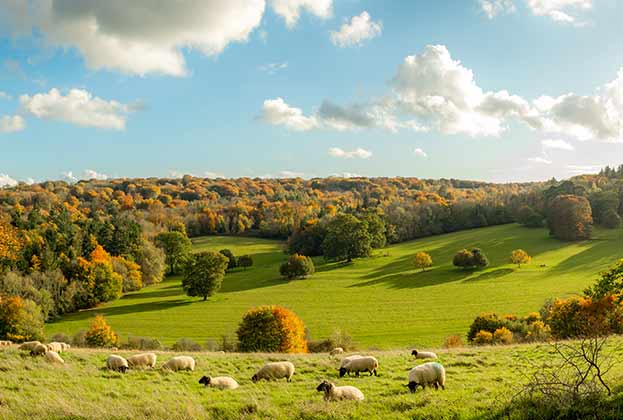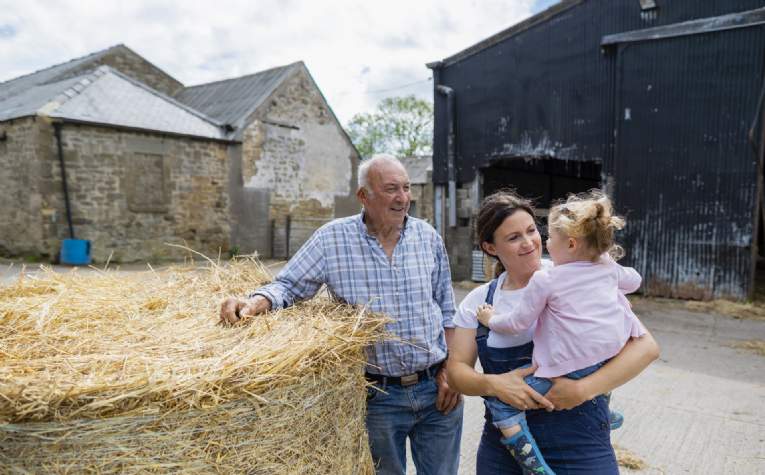Traditional investment strategies are shrouded by a fog of questions and uncertainty. The FTSE 100 has made reasonable gains on the back of optimism around a stronger economic recovery from Covid-19 in the UK. In contrast, some of those gains have been checked as inflation concerns make their way back into the forefront of investors’ thinking. With that, there are further questions as to whether ultra-low interest rates will continue or increase to counter any rapid increases in inflation.
With such an array of potential economic scenarios, investors may look to alternative investments, but here too there is uncertainty. China has recently announced a crackdown on the 'excessive speculation' that is pushing up the price of raw materials such as copper and iron ore. With that announcement, commodity prices tumbled.
Cryptocurrencies have also received interest but are known to be incredibly volatile. At the time of writing, Bitcoin has lost 37 per cent of its value since a record high in April, but is still up 40 per cent this year.
Rural alternative investments
Yet away from the headlines, there are resilient, stable and potentially rewarding investment options on offer. Our latest Market in Minutes on Rural Alternative Investments sets out four of those options. From vertical farming, an emerging means of novel food production, to farmland, an established safe haven asset with multifunctional qualities, these investments will cater to different portfolios and risk profiles.
Despite their ‘alternative’ status, such investments are still likely to fulfil the traditional requirements of an investor. An increased number of competing uses for land means demand is likely to continue to increase, and while supply remains constrained positive capital returns are possible.
Investors in land may also benefit from returns derived from primary production, whether that be timber from forestry, feedstocks for bioenergy or simply food for local consumers.
Beyond these conventional means of quantifying success, all options comply with what is rapidly becoming the defining force behind investments: sustainability. Because of this, the investor pool around all of these assets is broadening to include those with a focus on building the ESG credentials of their portfolio.
Why incorporate ESG?
The idea of investing in ESG was once seen as little more than a novelty reserved for activists and PR exercises. A lack of proven returns meant the sector was all but ignored. Now, investors are flocking to sustainable investments because they do not have to sacrifice returns by doing so.
In fact, ESG investments offer the potential for risk-adjusted returns that can exceed market norms.
Recognition of this fact means many have rushed to proclaim green credentials, though not necessarily with any substance. Calls for regulation and policy to reveal incidents of 'greenwashing' will inevitably be met by change in the long term, though investor scrutiny will exert a more profound effect in the short term.
It is therefore in the interest of businesses and funds to establish genuine exposure to ESG assets, both to achieve healthy risk-adjusted returns and to stand up to external scrutiny in the future.
.jpg)
.jpg)
.jpg)
.jpg)
.jpg)

.jpg)


.jpg)
.jpg)